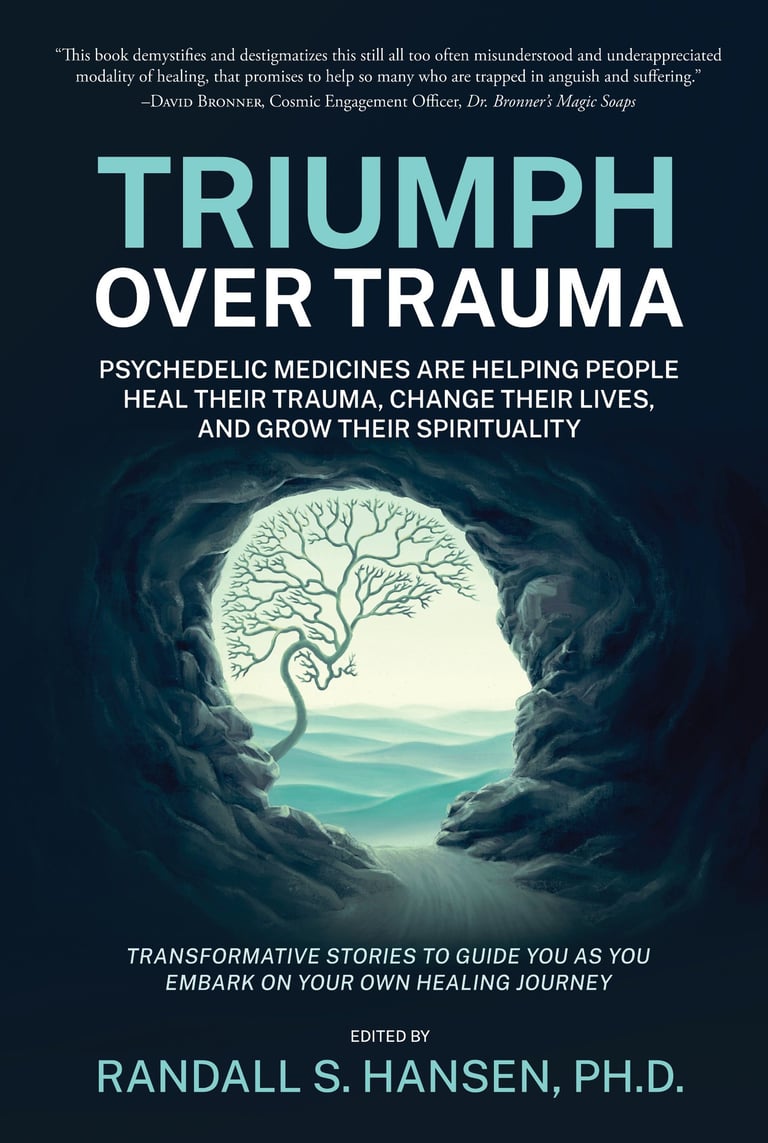Are You Utilizing the Power of Intermittent Fasting?
Following a meal regimen can be a good thing if you are cooking and eating the correct way, but adding an ancient (but also newly emerging) tool to your meal planning has many potential benefits, say nutrition experts.
What is it? Fasting is defined as the voluntary act of withholding food for a specific period of time. Hippocrates (the father of modern medicine) championed both fasting and the use of apple cider vinegar. (Benefits of ACV will be the subject of a future article.) Paracelsus (1500s), another father of modern medicine, said this: “Fasting is the greatest remedy—the physician within.”
Even Benjamin Franklin, one of the U.S. Founding Fathers, wrote: “The best of all medicines is resting and fasting.” Rumi, a 13th-century poet and Islamic scholar stated: “Fasting blinds the body in order to open the eyes of your soul.” Adding: “fasting is the first principle of medicine.”
In fact, fasting has been a part of many religious practices and ancient traditions – for cleansing the body and the soul -- but fasting is not for everyone, especially those with diabetes, those taking multiple medications (that must be consumed with food), people who are in intense physical training, those with a history of eating disorders, and women desiring to get pregnant or breastfeeding.
It’s emerging as a trend for its health benefits (see below) and also because of the large number of people who are eating the Standard American Diet and who are thus dealing with the consequences of eating poorly, including weight gain (and obesity), insulin resistance, pre-diabetes, or full type 2 diabetes.
What is intermittent fasting – and how can it help you in your health and wellness quest? That’s the focus of this article, along with some practical advice for adding an intermittent fasting regimen to your lifestyle.
Intermittent Fasting Explained
Simply put, intermittent fasting is about scheduling periods of consuming food along with periods of consuming just water and/or other unsweetened liquids. Intermittent fasting is all about the timing of meals and snacks, but for it to work, those meals and snacks must also be healthy – not junk foods, sugary snacks, or fast foods.
The key to how fasting works is that after about 12 hours without food, the mitochondria (which the energy centers located in every one of our cells) in our bodies exhaust their store of sugar and start burning fat in what experts refer to as metabolic switching, which leads to ketosis: an elevation of ketone levels in the body that signifies that it is using fat as its main fuel source due to limited access to glucose, or known more commonly (and incorrectly) as “blood sugar.”
Extending the time period of consuming zero calories will increase the time in ketosis, increasing the benefits.
Benefits from Intermittent Fasting
While much of the research on fasting is related to weight loss and dieting, to me, there are many more important health benefits than simply losing a few pounds.
Research shows that intermittent fasting helps with reducing:
Inflammation
Obesity
Insulin resistance (also referred to as impaired insulin sensitivity)
Hypertension (high blood pressure)
Dyslipidemia (a metabolic disorder)
Furthermore, studies show that ketones from fasting may trigger the body’s own repair system, ultimately protecting against disease and aging, increasing longevity. Other studies discuss the benefit of increased cognitive function and mental clarity.
Techniques for Intermittent Fasting
Perhaps the easiest and most common form of intermittent fasting is a time-restricted diet in which fasters leave a long gap between their last meal of one day and the first of the next, compressing their meals into a shorter period during the day. This works especially well for people and families with busy and demanding schedules.
Thus, for example, fasters would have the last meal/snack of the day no later than 4 pm, not eating again until breakfast the next morning – ideally not until 7 or 8 am, allowing for a fast of 17-18 hours. You could even skip breakfast and continue the fast until lunch.
The goal is to make fasting truly intermittent. Your body wants to exist in homeostasis (steady, optimal function), and fasting interrupts the system, making the body respond by lowering insulin levels and insulin resistance – and also burning calories and reducing the dangerous visceral fat. (Visceral fat lies deep within your abdominal walls and surrounds your organs, including your stomach.)
Some intermittent fasting options:
Fast for 12 hours, say from 7 pm to 7 am. Doing a fast this way, much of your fast is while you’re sleeping. (If 12 hours is not enough, consider 14-16 hours.)
Fast 2 days per week, again shooting for at least a 12-hour window each time.
Fast for 24 hours, from lunch on one day to lunch on the next. Often referred to as the “Eat-Stop-Eat Fast.”
One can do short, intermittent fasts weekly, but longer fasts should be appropriately spread out; people can take fasting too far, in which it can become a danger to your health.
Key tips regarding fasting:
Prepare with a proper mindset. Don’t go into a fast thinking you are starving yourself; create an intention of becoming healthier.
Stay hydrated! Sip on water or herbal teas – even plain/black coffee -- during the fast. But no sweeteners allowed. For longer fasts, be sure to take in electrolytes.
Consume small amounts of healthy salt to help prevent headaches during longer fasts.
Light exercise is perfectly fine (such a yoga or walking), but on extended fasts, avoid strenuous workouts.
Keep to a schedule – and stay busy. It’s when we are distracted or bored when the hunger begins to gnaw at our stomachs (and mind).
Consider meditating or praying as tools for keeping your mind occupied – and not thinking about your hunger.
Listen to your body. If you are attempting your first or a longer fast and you start experiencing physical issues (such as dizziness, lightheadedness), make certain you are following proper fasting guidelines (especially hydration) and break the fast if the issues become too much.
Don’t end your fast with a bad/huge meal. Fasting will NOT solve poor eating habits, so make sure you are eating healthy, real foods.
Final Thoughts About Intermittent Fasting
While there are many benefits to intermittent fasting, the longer the fasts, the more likely you’ll experience a few negative consequences, such as: hunger, fatigue, insomnia, nausea, and headaches.
ALWAYS consult with your medical professional, especially if you have chronic health issues, before attempting any kind of fast and/or change in your diet.
Finally, like just about everything in life, while fasting is a wonderful tool for helping reset the body, fasting is not for everyone. Fasting is simply one tool of many you can employ to get healthier.
Additional Fasting Resources


Dr. Randall Hansen is an advocate, educator, mentor, ethicist, and thought-leader... helping the world heal from past trauma. He is founder and CEO of EmpoweringSites.com, a network of empowering and transformative Websites, including EmpoweringAdvice.com.
He is the author of the groundbreaking Triumph Over Trauma: Psychedelic Medicines are Helping People Heal Their Trauma, Change Their Lives, and Grow Their Spirituality and the well-received HEAL! Wholeistic Practices to Help Clear Your Trauma, Heal Yourself, and Live Your Best Life.
Dr. Hansen's focus and advocacy center around true healing ... healing that results in being able to live an authentic life filled with peace, joy, love. Learn more by visiting his personal Website, RandallSHansen.com. You can also check out Dr. Randall Hansen on LinkedIn.






